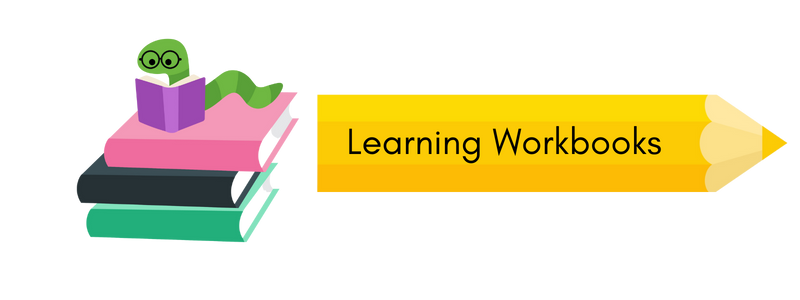Information Overload
In the modern age, the problem is not a lack of information but rather an overwhelming abundance of it. This phenomenon, known as "information overload," occurs when an individual is exposed to more information than they can process or make sense of. The consequences of information overload can negatively impact decision-making, productivity, and mental well-being.
Causes of Information Overload
Several factors contribute to information overload:
• Digital Media: The rise of the internet and digital media has led to an exponential increase in the amount of information available. Social media platforms, news websites, blogs, and other online resources provide constant streams of data.
• 24/7 News Cycle: The non-stop nature of news reporting means that there is a continuous influx of information, much of which may be repetitive or irrelevant.
• Work Environment: In many workplaces, employees are expected to manage large volumes of emails, reports, and other documents daily. This can lead to cognitive overload and decreased efficiency.
Effects of Information Overload
The impact of information overload can be significant and wide-ranging:
• Decision Paralysis: When faced with too much information, individuals may find it difficult to make decisions, leading to indecision or poor choices.
• Stress and Anxiety: The constant bombardment of information can cause stress and anxiety, impacting mental health and overall well-being.
• Reduced Productivity: Information overload can lead to decreased productivity as individuals struggle to filter relevant information from the noise.
Managing Information Overload
There are several strategies that can help manage information overload:
• Prioritisation: Focus on the most important information first and set clear priorities to avoid getting bogged down by less critical data.
• Filtering: Use tools and techniques to filter out irrelevant information. For example, email filters, news aggregators, and social media settings can help manage the influx of data.
• Time Management: Allocate specific times for checking emails and social media to prevent constant interruptions.
• Mindfulness: Practising mindfulness and taking regular breaks can help reduce stress and improve focus.
Conclusion
While information overload is a significant challenge in today's information-rich world, adopting effective strategies can help manage the deluge of data. By prioritising, filtering, managing time, and practising mindfulness, individuals can minimise the negative effects of information overload and enhance their decision-making and productivity.
#education #educationmatters #motivation#motivationalquotes #inspiration #inspirationalquotes #learningworkbooks #learning #focus #concentration #protectyourmind #protectyourgoals #focusonsuccess #successmindset #successquotes #lifegoals #lifegoalsinspirations #school #college #university


1 comment
Good